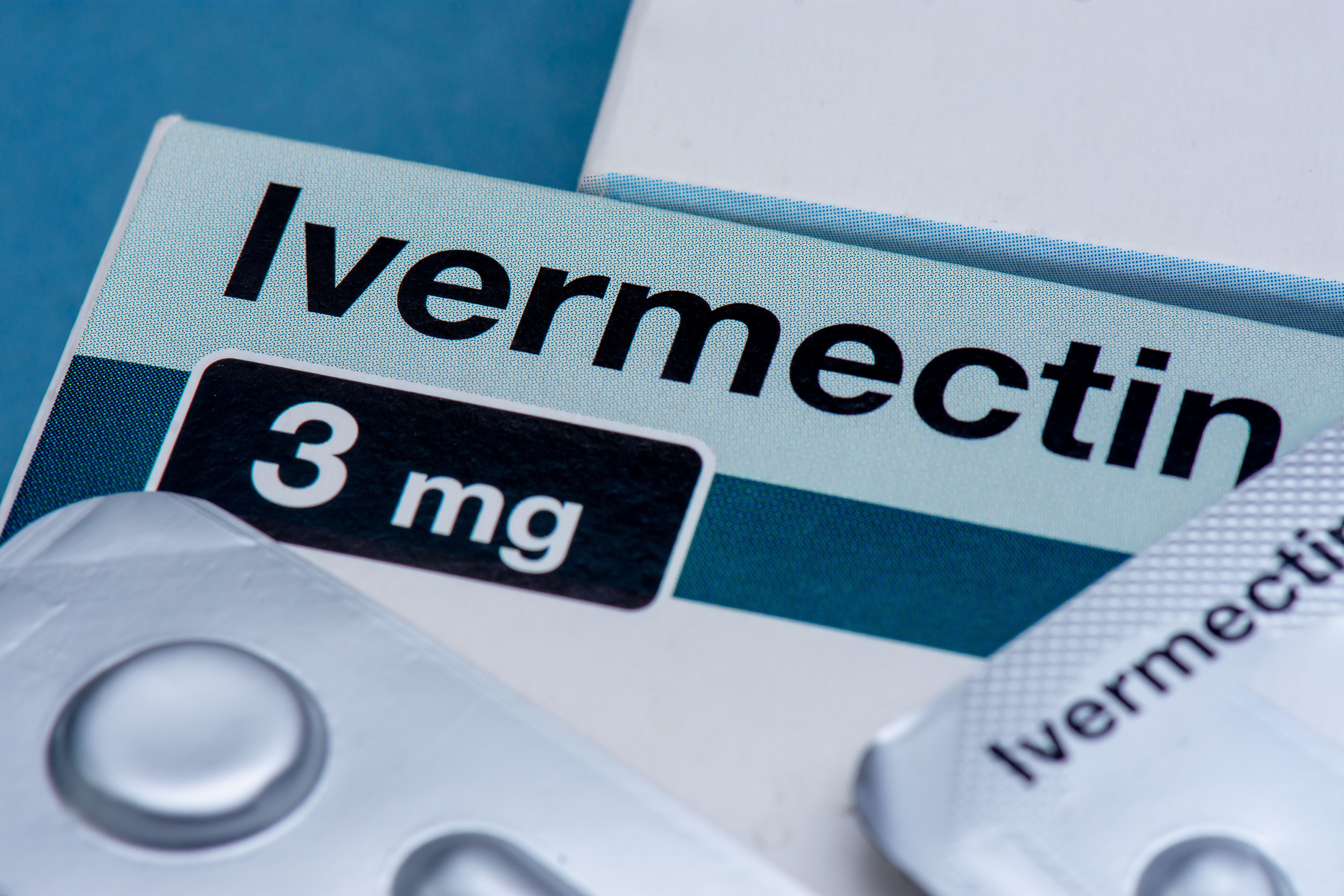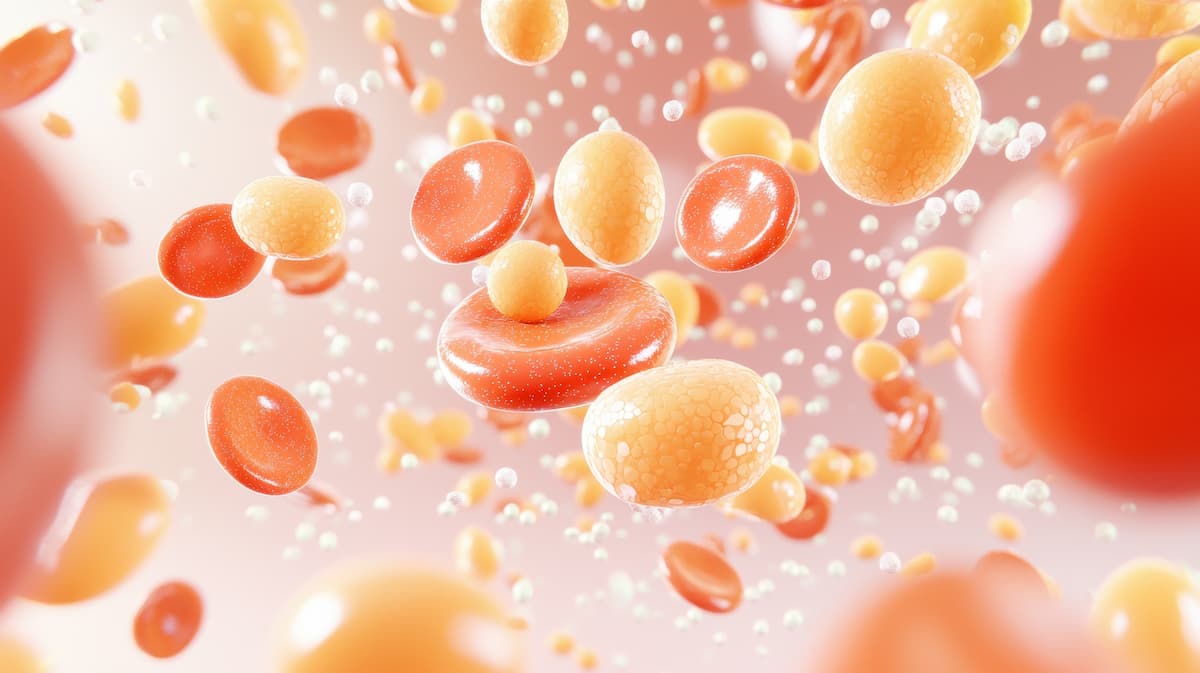Article
ACS: Hospital Pharmacists Help Improve Care
Author(s):
After hospital pharmacists joined the cardiology team and made recommendations regarding treatment of acute coronary syndrome patients, adherence to clinical guidelines improved markedly.
After hospital pharmacists joined the cardiology team and made recommendations regarding treatment of acute coronary syndrome patients, adherence to clinical guidelines improved markedly.
Pharmacists—the medical team’s drug experts—can intervene successfully and influence physicians to provide state-of-the-art prescription drug interventions. In acute coronary syndrome (ACS), success is measured by increased adherence to clinical guidelines, specifically regarding use of cardioprotective medications that improve outcomes. Cardioprotective therapy improves patient survival as well as quality of life. A study published in the April 2013 edition of the Journal of Clinical Pharmacy and Therapeutics evaluated pharmacist ACS interventions, looking the rate at which prescribers accepted the pharmacists’ advice and the overall effectiveness of pharmacist intervention.
The researchers identified 190 ACS patients retrospectively during a 2-year period (January 2008 to January 2010) using medical records; these patients were considered the control group, as they had been treated during a period when the clinical team did not include a pharmacist. In the second phase (March 2010 to September 2010), the researchers identified a random sample of another 190 ACS patients. In this phase, hospital pharmacists joined the cardiology team and made recommendations as needed in accordance with clinical practice guidelines, but treatment was otherwise the same as it had been for the first group.
In the 72 instances in which a pharmacist intervened, the most common (60%) intervention was to suggest the prescriber initiate a new medication, usually a beta-blocker or an angiotensin-converting enzyme (ACE) inhibitor. Other common recommendations included recommending a medication switch (24%) and optimizing drug doses (17%). Prescribers accepted approximately three-quarters of these recommendations.
As a result, beta-blocker use increased from 75.8% to 84.7%, and ACE inhibitor/angiotensin II receptor blocker use increased from 65.3% to 74.7%. Statin use also increased from 91.6% to 98.4%. Overall compliance with guideline recommendations for these drug classes increased from 42.6% to 62.6%.
The message of the study is clear: A pharmacist’s presence on the cardiac team during rounds improved adherence to guideline recommendations.
Ms. Wick is a visiting professor at the University of Connecticut School of Pharmacy and a freelance writer from Virginia.
Newsletter
Stay informed on drug updates, treatment guidelines, and pharmacy practice trends—subscribe to Pharmacy Times for weekly clinical insights.

FDA Grants Full Approval to mRNA-1273 COVID-19 Vaccine in Children At Increased Risk




